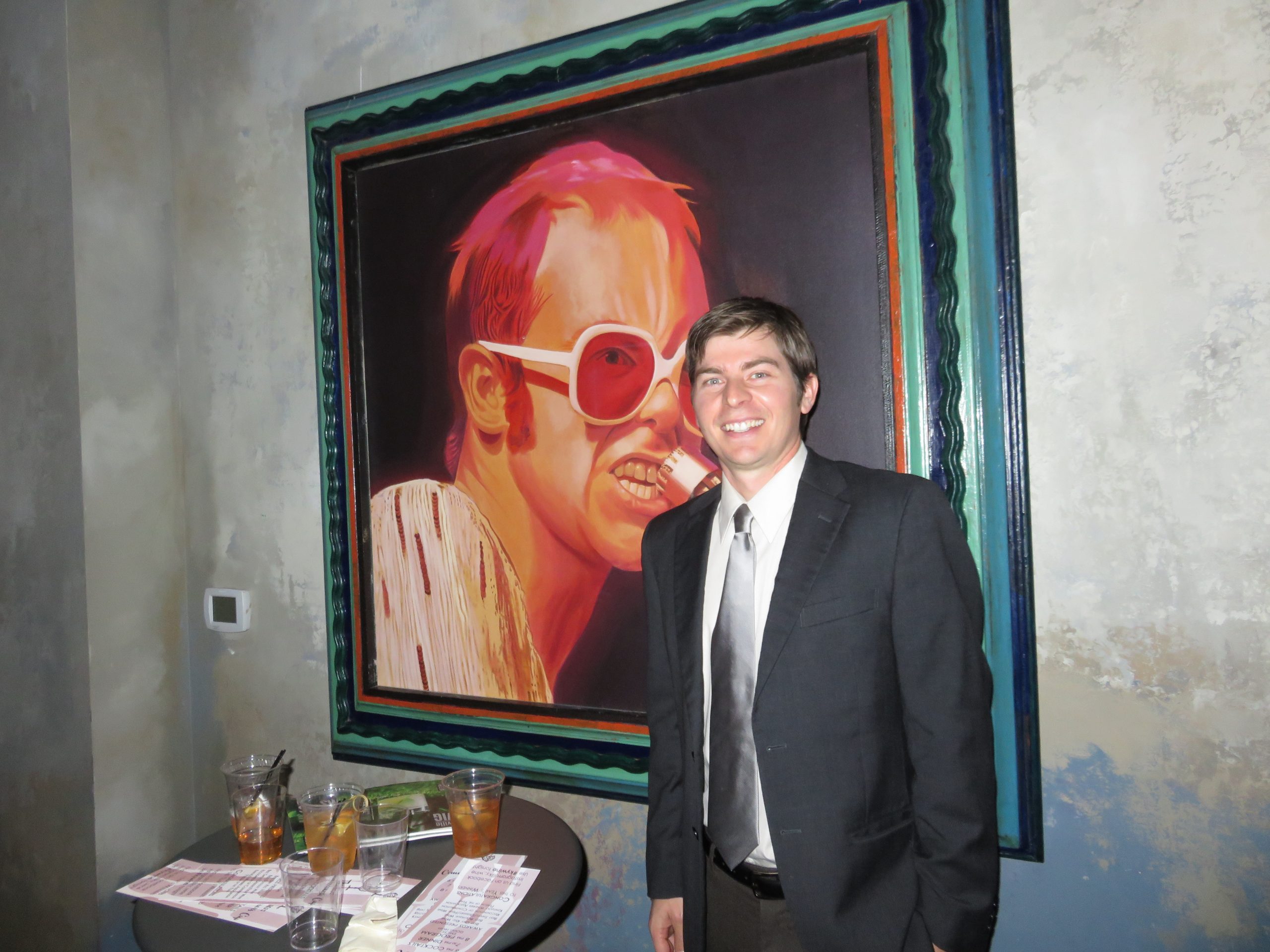Indiana Passes Bill to Allow Micro Distilleries
The Indy Star reports that a bill has passed the Indiana Senate allowing stand alone micro distilleries in the state. Previously, a distillery could only be associated with an established winery or brewery. The bill still needs to be signed by Indiana Governor Mike Pence.
Ted Huber, co-owner of Huber Winery in Starlight, Indiana, started the first craft distillery in Indiana in 2001. Huber thinks the new distillery law is good for the Indiana economy and will be signed into law. “Indiana has seen such great economic development from agritoursim and I know Governor Pence is serious about the success of Indiana breweries, wineries and now micro-distilleries.”
According to Huber, provisions in the new law stipulate that Indiana micro distilleries must have in house production. Owning a still and actually producing spirits in Indiana will be requirements to obtain state licensing, Huber said.
While the new law opens the door for many Indiana entrepreneurs to enter the fast growing artisan spirits market, Huber does not expect many new micro distilleries to open immediately. “Compared to a winery, a micro distillery takes longer to produce finished products,” he said. “The products that are currently hot- like whisky- take a while to perfect and then they must be aged.”
When Huber added distilled spirits to his winery in 2001, micro distilling was in its infancy with less than 50 producers nationwide. In 2012, according to the American Distilling Institute, there were over 250 small distilleries operating in 45 states.
Part of the growth of American distillation is the result of Dr. Kris Bergland at Michigan State University who runs the MSU Artisan Distilling Program. Ted Huber was a student of Bergland’s and attributes part of his success to the training he received in Michigan.
See related story: More Midwest Wineries Adding Distilled Spirits



The real catch to this law is that you must hold a brewery, winery, or distiller permit for THREE YEARS before you can apply for the artisan distiller permit. That leaves those of us that want to start a distillery stuck with selling to a wholesaler and praying enough operating capital can be generated to survive three years.
How does one obtain a distiller permit? Can that be obtained independently?
Correction to this post. The rest of the story is that provisions in this bill (HB1293) will exclude the three-year rule until JAN. 1, 2014. That means that after the first, you will have to meet that requirement again, but not until then. The requirement is simply that you have a proper distillery and that you currently own a still. This is the part that sounds fishy to me. How better to ensnare current distillers than by making the requirement seem attainable.